Joe Pasternak
Biography
Born September 19, 1901 in Szilágysomlyó, Austria-Hungary [now Simleu Silvaniei, Romania]
Died September 13, 1991 in Hollywood, Los Angeles, California, USA (Parkinson's disease)
Birth Name Joseph Herman Pasternak
The son of an out-of-work bookkeeper, Pasternak arrived in the U.S. from Hungary in 1921. After working in a belt factory in Philadelphia, he moved to New York where he plucked chickens and worked in a cafeteria. Becoming increasingly infatuated with the film business, it didn't take him long to find a job at the Long Island Paramount studio as a busboy and washing dishes in the commissary for 15 $ a week. His easy manner earned him the sobriquet 'Smiling Joe' and he was invited to do a screen test, which went rather badly. As acting seemed out of the question, one of Paramount's directors took pity on the young man and gave him a tryout as fourth assistant. By 1923, Joe had advanced to second assistant and was regularly associated with the films of his protégé, Allan Dwan. When Paramount closed their Long Island facility, Joe made the trip to Hollywood, but found work scarce. However, his effort as director of a low budget two-reel comedy was noticed by the director Wesley Ruggles, who promptly engaged him as his assistant at Universal studios. In 1926, he was packed off to Europe to act as talent scout and, after another two years, was offered the position of manager of their European operation, Deutsche Universal-Film AG, based in Berlin.
From 1929, Joe also worked as producer of a string of German, Austrian and Hungarian light entertainments, a mixture of musicals, comedies and romances. In 1935, Universal, in dire financial straits, wound down their European unit and a new management recalled Joe to Hollywood. Within a year, he managed to almost single-handedly save the studio from bankruptcy through his canny promotion of charismatic teenage singing sensation Deanna Durbin (a recent acquisition from MGM) to star status. At the same time, he imported several fellow Hungarian émigrés into Hollywood, notably his close friend, the talented director Henry Koster, and his brother-in-law, the character actor S.Z. Sakall, who was to become fondly known as 'Cuddles'. Assigning direction to Koster, Joe produced the hugely successful box office hit Three Smart Girls (1936), followed by nine more musical outings in a similar vein, which brought fame and fortune to both Deanna and Joe, and put Universal financially in the pink. Joe stuck to the same formula (wholesome , Cinderella-type stories with polished musical interludes) on every occasion, using a tried-and-tested crew of writers and directors - all musical comedy experts - including Koster, Norman Krasna, Edward Ludwig and Norman Taurog. After launching the career of another talented juvenile soprano named Gloria Jean, Joe proceeded to revive the flagging fortunes of former Paramount star Marlene Dietrich, remodeling her image into one that was more approachable to a general audience. He effectively recast her original 'Blue Angel' bar room singer as wisecracking, good-hearted saloon girl Frenchy in Destry Rides Again (1939), a gently self-mocking western, which turned out to be one of the biggest hits for Universal in 1939.
In 1941, now firmly ensconced in Hollywood as the 'king of musicals', Joe made the natural progression by joining MGM, the organisation most adept at this particular genre. While Arthur Freed headed the A-team, Joe was assigned the second string production unit at MGM, which handled operettas and light musical entertainments. During his tenure, Joe became protégé to Kathryn Grayson and Jane Powell and helped to make swimming talent Esther Williams into a bankable movie star. He had huge successes with operatic films, like Mario Lanza's The Great Caruso (1951) and The Merry Widow (1952). He also handled some lavish, big budget extravaganzas, including Thousands Cheer (1943), Anchors Aweigh (1945) and the compelling, though fictionalized, story of Ruth Etting, Love Me or Leave Me (1955). Joe rounded off his career with a trio of Elvis Presley musicals and produced the 1966 Academy Award ceremonies (the first to be filmed in colour), at which one of the most honoured films was the David Lean-directed epic Doctor Zhivago (1965) - which just happened to have been authored by Joe's distant relative Boris Pasternak. Joe retired in 1968 with an impressive one hundred production credits to his name, and died in Hollywood in September 1991 at the age of 89.
- IMDb Mini Biography By: I.S.Mowis
Spouse (2)
Dorothy Darrell (9 January 1942 - 13 September 1991) ( his death) ( 4 children)
Margaret Flander (22 February 1931 - ?) ( divorced)
Brother-in-law of director László Kardos, who married Pasternak's sister Lenka.
Father of disc jockey Rosko.
He was awarded a Star on the Hollywood Walk of Fame at 1541 Vine Street on April 24, 1984.
He passed away on September 13, 1991, only six days from what would have been his 90th birthday.
Following his death, he was interred at Hillside Memorial Park Cemetery in Culver City, California.
Personal Quotes (5)
[To André Previn, composer and music arranger at Metro-Goldwyn-Mayer]: Remind me, will you. I forgot. A string quartet is a harp and what else?
Never make an audience think. It always worked for me.
There's nothing wrong with using sex in films, if it's done in good taste.
No one ever gets sick in my scripts.
Uncomplicated girls can't act.
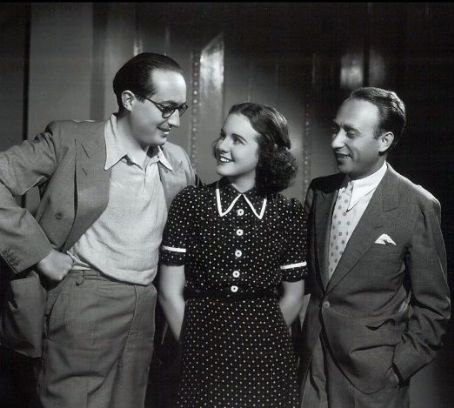
 Amanda S. Stevenson
Amanda S. Stevenson 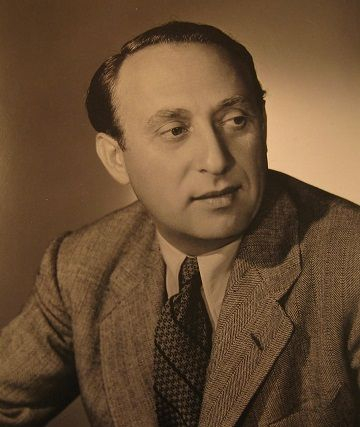
 Amanda S. Stevenson
Amanda S. Stevenson 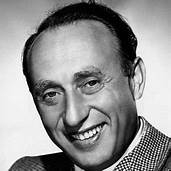
 Amanda S. Stevenson
Amanda S. Stevenson 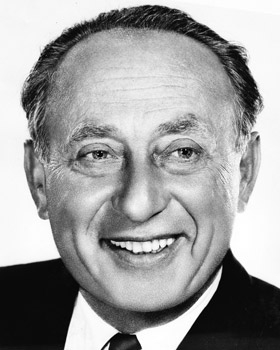
 Amanda S. Stevenson
Amanda S. Stevenson 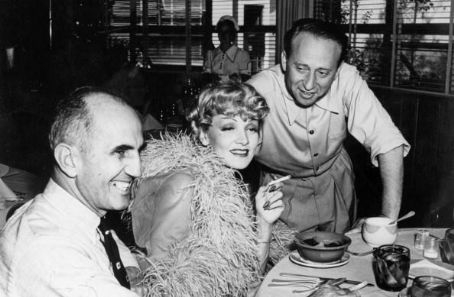
 Amanda S. Stevenson
Amanda S. Stevenson 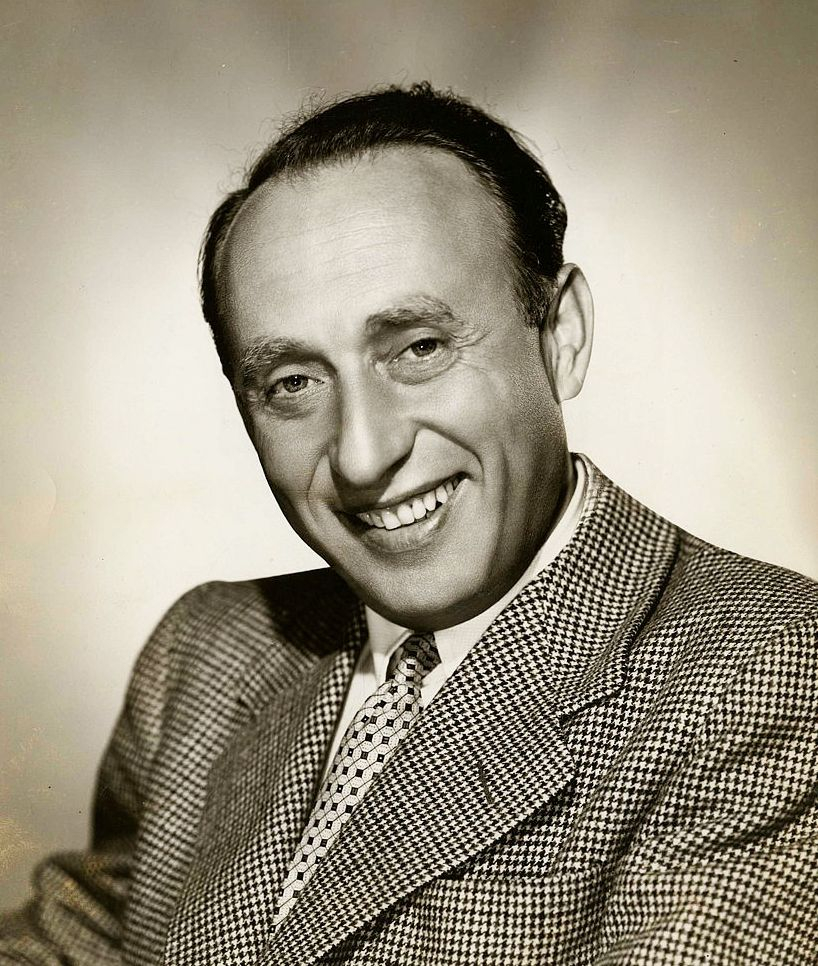
 Amanda S. Stevenson
Amanda S. Stevenson 